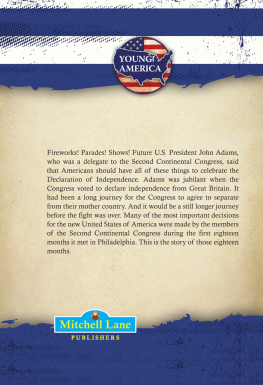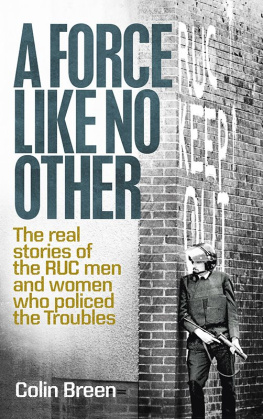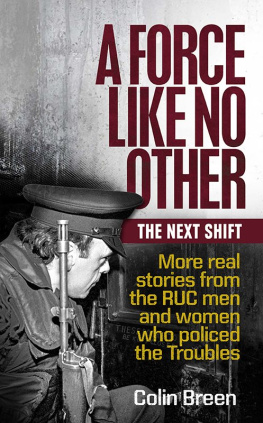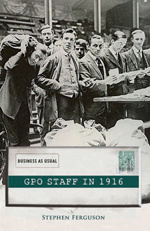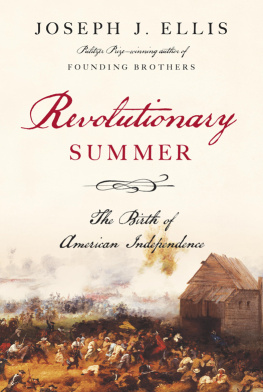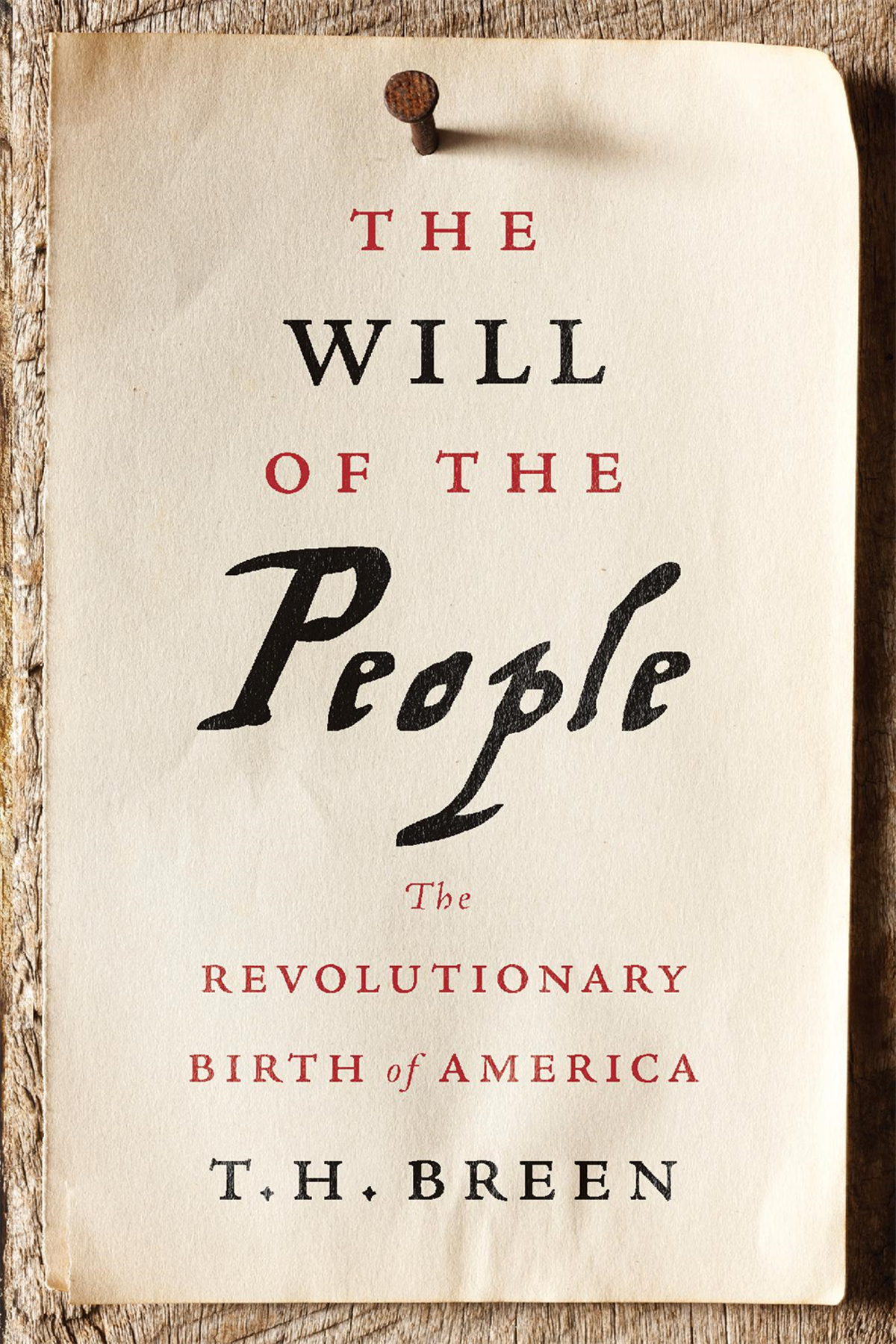Contents
Guide
Pagebreaks of the print version
THE WILL of the PEOPLE
The Revolutionary Birth of America
T. H. BREEN

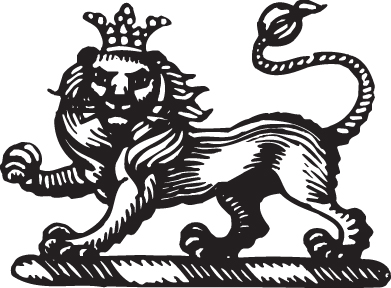
The Belknap Press of Harvard University Press
CAMBRIDGE, MASSACHUSETTS
LONDON, ENGLAND
2019
Copyright 2019 by T. H. Breen
All rights reserved
Design by Dean Bornstein
Cover design: Graciela Galup
Cover image: Getty Images RF
978-0-674-97179-0 (alk. paper)
978-0-674-24206-7 (EPUB)
978-0-674-24207-4 (MOBI)
978-0-674-24205-0 (PDF)
The Library of Congress has cataloged the printed edition as follows:
Names: Breen, T. H., author.
Title: The will of the people : the revolutionary birth of America / T. H. Breen.
Description: Cambridge, Massachusetts : The Belknap Press of Harvard University Press, 2019. | Includes bibliographical references and index.
Identifiers: LCCN 2019007162
Subjects: LCSH: United StatesHistoryRevolution, 17751783Social aspects. | United StatesHistoryRevolution, 17751783Committees of safety. | Middle classPolitical activityUnited StatesHistory18th century. | Working classPolitical activityUnited StatesHistory18th century.
Classification: LCC E209 .B775 2019 | DDC 973.3/11dc23 LC record available at https://lccn.loc.gov/2019007162
For Lady Susan, once again
CONTENTS
We encounter them daily, if we care to look. We identify them not by their clothes, which range from battle fatigues to jacket and tie, or by their settings, which vary from urban streets to rural mountain hideouts and everything in between. Instead, we know them by their faces. On television or in magazines, they demand attention, their countenances etched with vivid emotions, often little more than wordless expressions of fear, anger, determination, sacrifice, and hope. These are the revolutionaries of our own times, mostly nameless individuals, brought to our attention because they appealed for personal security and social justice and have become caught up in political whirlwinds that now transform their lives. Revolutionary movements of this sort always give us leaderssome famous, others less so, the names come and gobut the enduring face of resistance is a revolutionary people.
When we bother to think about it, we sense that over two centuries ago revolutionary Americans must have looked like these ordinary men and women. But curiously, they have largely gone missing from the stories we tell ourselves about our nations origins. Like their contemporary counterparts, we do not know their names or, indeed, very much about them. The fault is ours; the consequences significant. Their absence from our shared historical memory impoverishes our understanding of how they turned a colonial rebellion into a genuine revolution and in the process constructed a new political culture. Without their participation in organizing effective resistance to Great Britain on the ground and then sustaining the cause over eight difficult years of war, the Revolution would surely have failed.
If we listen carefully, we can still recover these revolutionary voices. It is essential that we do so. They speak of original meanings, of our nations founding values that now more than ever must be reclaimed. As we shall discover, the passage of time has not silenced Americans who made the Revolution work and who during moments of great personal peril insisted that the best government was a government based on the will of the ordinary people. Surviving records from the period recapture their ideas and experiences: A Maryland farmer in a fit of rage tells a local committee of revolutionaries they might kiss his ass. A minister witnessing the outbreak of internecine violence in his community writes that parents and children, brothers and sisters, wife and husband, were enemies to one another. A contributor to a Pennsylvania newspaper condemns war profiteers on the ground that every right or power claimed by any man or set of men should be in subordination to the common good. Wives in New York State publicly protest that since they do not share the political beliefs of their Tory husbands, they should be allowed to keep their farms. A Connecticut minister to a tiny congregation strives to inculcate in the minds of the people, a just sense of their rights. Thousands of ordinary Americans from Georgia to New Hampshire spontaneously create a huge, unprecedented charity to relieve the people of Bostonperfect strangersduring the British occupation. This is the human face of our revolution.
Such people are not familiar figures in the revolution that Americans celebrate. They should be. They hold the key to explaining why our revolution ended differently from most other revolutions that have shaped the modern world. Facing revolutions anger, fear, and passioncrucial elements in mounting effective political resistanceordinary Americans repeatedly preserved a rule of law. They avoided violent and destructive excesses. Political liberation went hand in hand with restraint. Throughout the war this commitment sustained a powerful sense of shared purposewhich in fact energized a new spirit of nationalismthat brought forth the kind of political stability that has eluded so many other revolutionary nations. It was an impressive accomplishment, one that we should not take for granted. They promoted and secured a political culture that endures even as waves of partisan anger threaten to negate their achievement.
I
The American Revolution still speaks to us, although not so clearly as it once did. Over the years the message has become so estranged from us that we no longer quite comprehend what insights into a shared political culture we should now be trying to recover. This is especially challenging at a moment in our countrys history when there is so little agreement about how the past might speak to an uncertain future. The solution may require an entirely new perspective on the countrys political origins. To restart the conversation, we might ask: Where exactly did the American Revolution take place? The question may seem strange, largely because we usually recount the history of national independence in terms of heroic personalities and major military events.
A different story of the Revolutionone that addresses more persuasively many concerns of our own generationoffers immediate and striking rewards. Indeed, merely posing a question about the where of revolution invites a telling of the Revolution that shifts attention away from a familiar narrative of the nations political origins. That approach builds upon a well-established, largely intellectual interpretation of the founding. About the importance of ideas about rights and liberty in securing independence there is no doubt. The more pressing interpretive issueone addressed hereis how those fundamental rights and liberty were actually achieved, and who did what in achieving them.
As we shall discover, a recounting of abstract constitutional principles is not sufficient. A revised perspective must weave these political assumptions with the day-to-day experience of resistance on the ground. This is a crucial element in explaining how revolutions work. Demonstrating the complex ways that ideas and experience interacted alerts us to something generally ignored in the American story of revolution: human passion. Unless we acknowledge how such basic emotionschronic fear, desire for revenge, or suspicion of betrayal, for exampleprofoundly affected how people adjusted to the shifting demands of revolution, we cannot fully understand what the revolutionaries were trying to tell us, not only about their rejection of monarchy and aristocracy, but also about the creation of a new political order.


